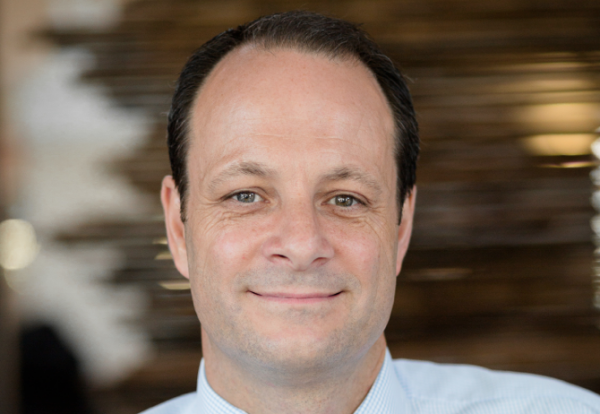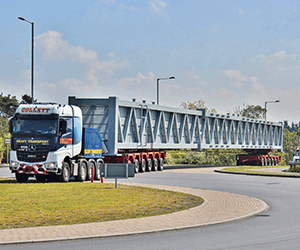The firm benefited from the acquisition of McNicholas Construction, helping to push group revenue ahead 8% to £2.15bn and underlying operating profit up 5% to £60m.
Former McNicholas chief executive Barry McNicholas is now to head Kier’s strengthened utility division as the business holds high hopes of securing more work in the upcoming rail and water capital spending period framework renewals.
Kier also revealed it planned to change its reporting structure going forward combining property and housing to report alongside the Infrastructure Services and Buildings divisions from July this year.
It also warned that it was in negotiations to settle final account and claims on the challenging Mersey Gateway project.
Haydn Mursell, chief executive, said: “The group is performing well. Our £9.5bn construction and services order book, combined with our £3.5bn pipeline in the property and residential divisions, provides good visibility of work over the medium term.
“Our portfolio of businesses provides balance and resilience and our approach to risk management is evident in the margin performance we have delivered over many years. We remain on course to deliver double-digit profit growth in 2018 and to achieve our Vision 2020 strategic targets.”
In the six months to December 2017, construction revenue fell 7% to below £1bn mainly due to project start delays with the second half expected to pull the division back into line. Margins declined from 2.0% to 1.8% during the period, principally as a result of a £7.7m hit from the final costs of closing the Caribbean and Hong Kong businesses.
Lower volumes within construction impacted working capital with an outflow of £58m (2017: £28m outflow). This is anticipated to reverse in the second half of the year.
At the services division, revenues were up 17%, to nearly £900m underpinned by the highways business and the better than expected contribution in the first half from McNicholas, which includes the disposal of its plant business. Services margins remained stable at 4.9%.
The Group’s net debt rose to £239m from £110m at the last year-end, including the £24m cost and acquired debt of McNicholas.
Overall average net debt rose from £300m to £350m, which is being underpinned by the group’s £500m of property and residential assets.



















































.gif)





